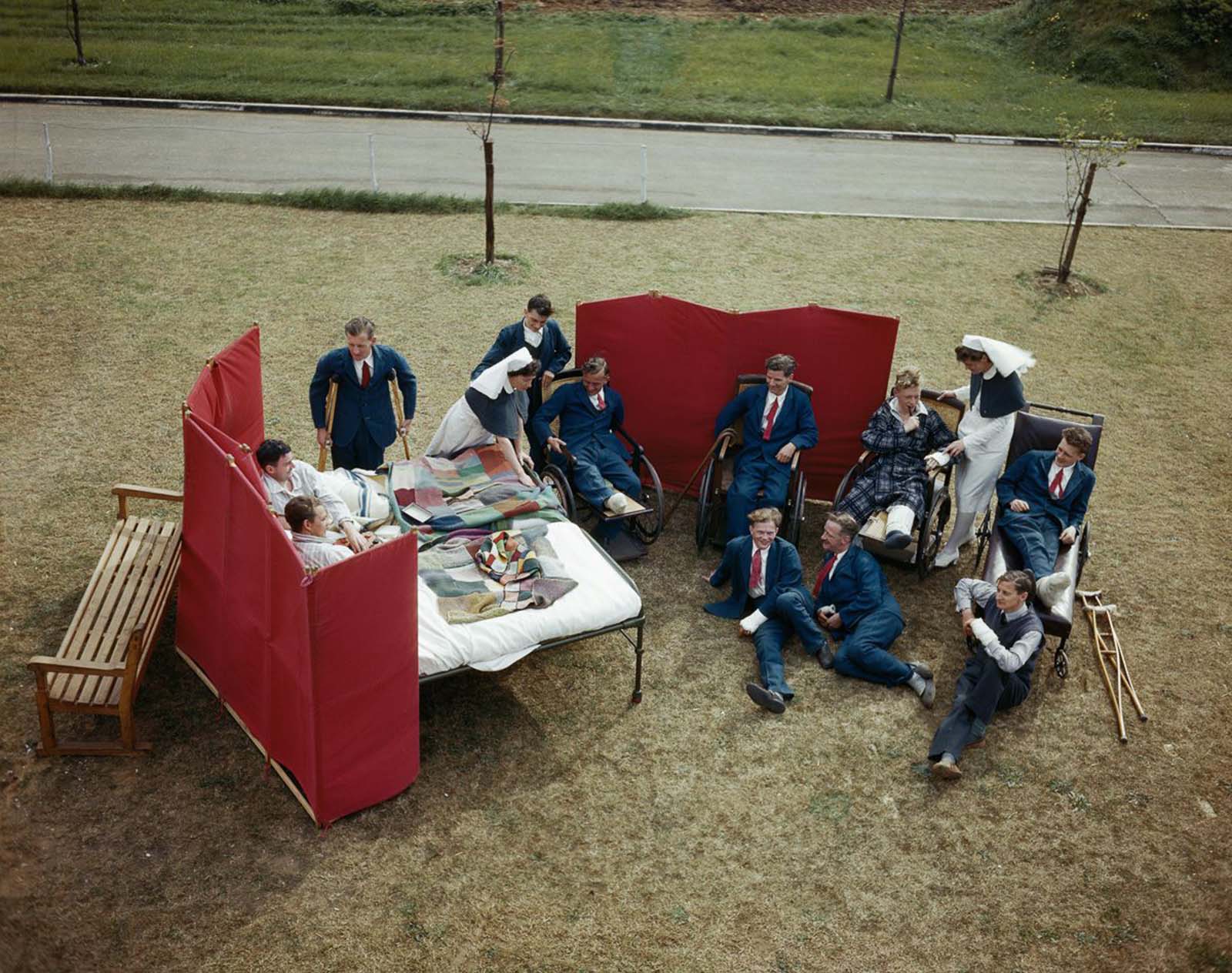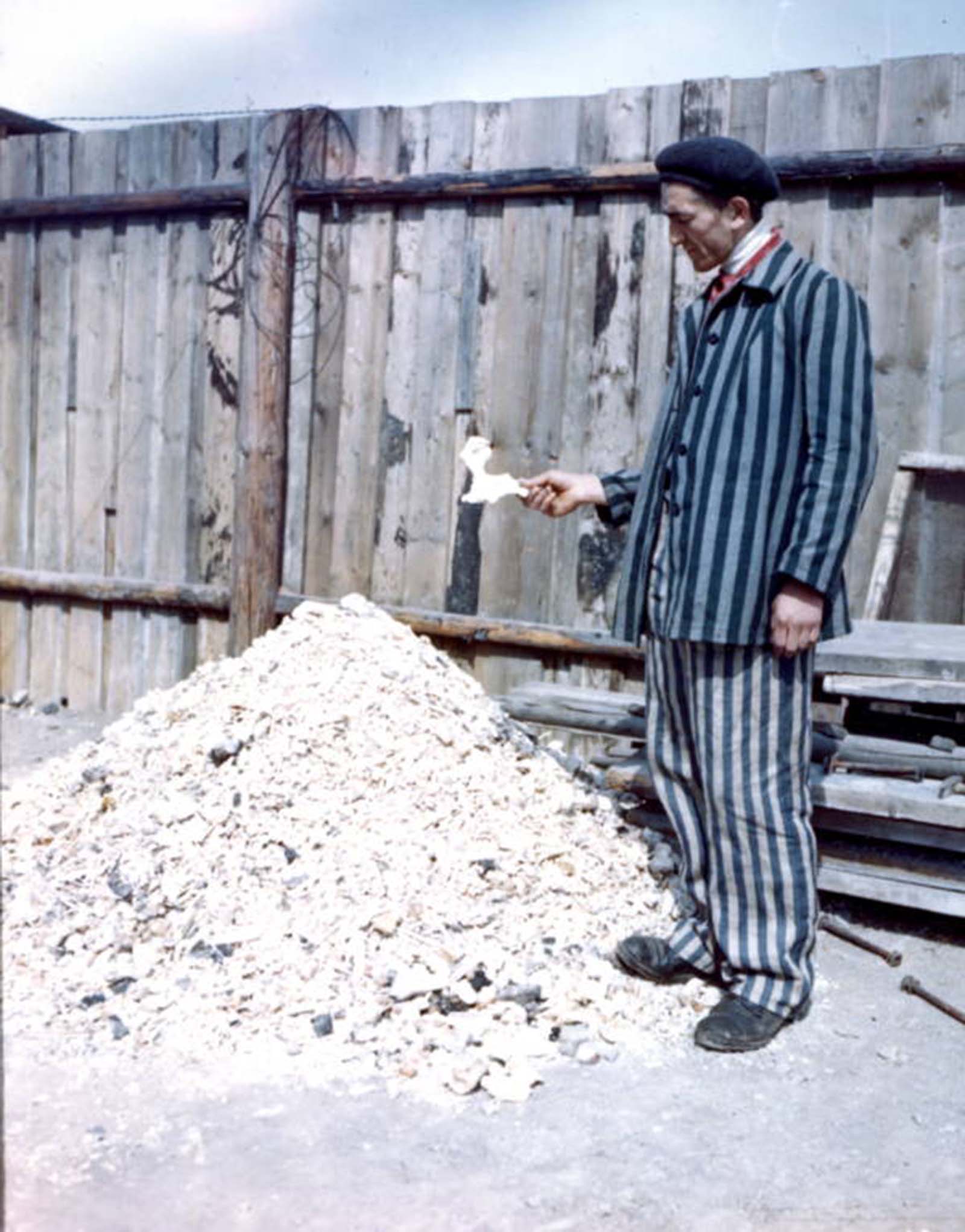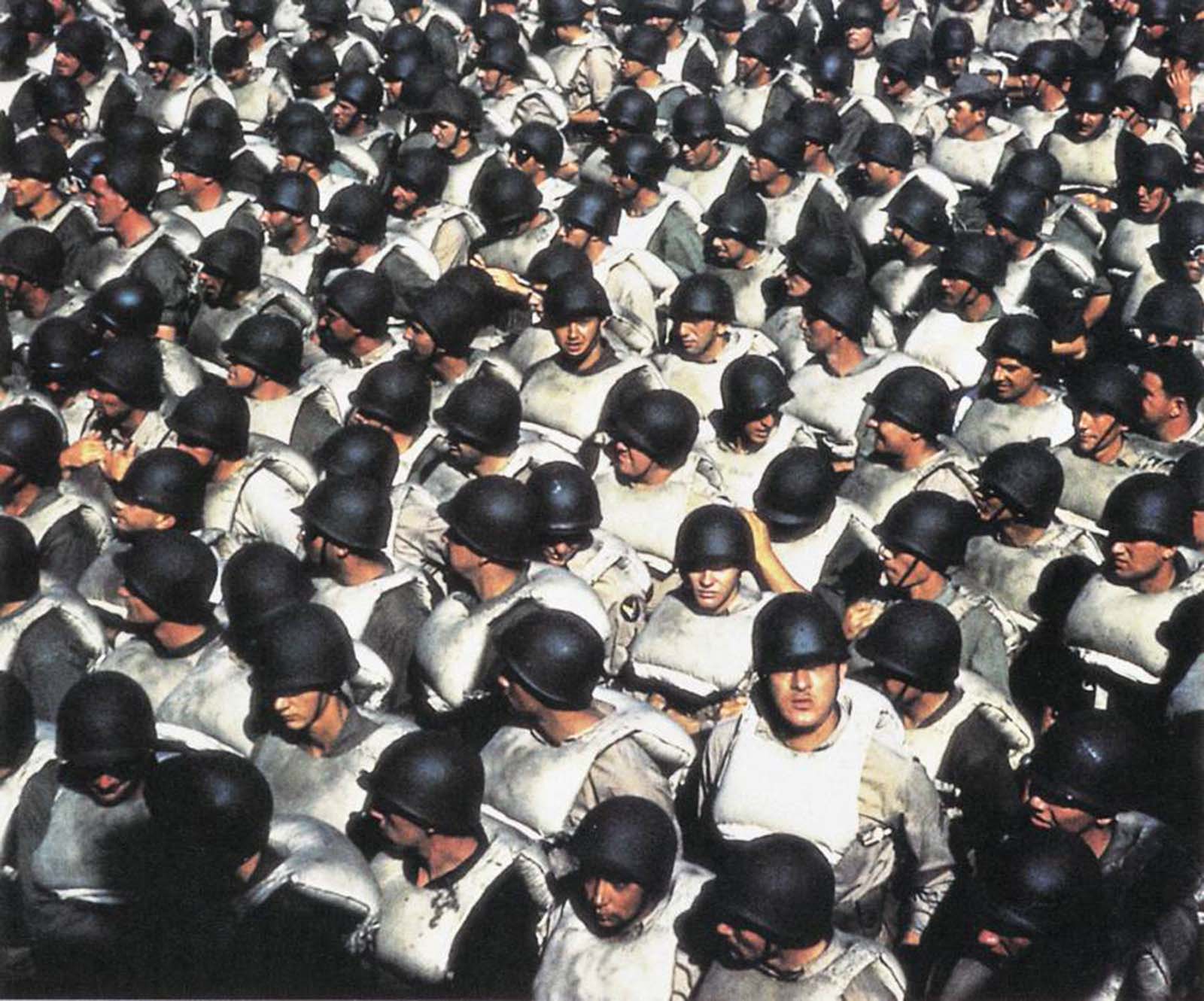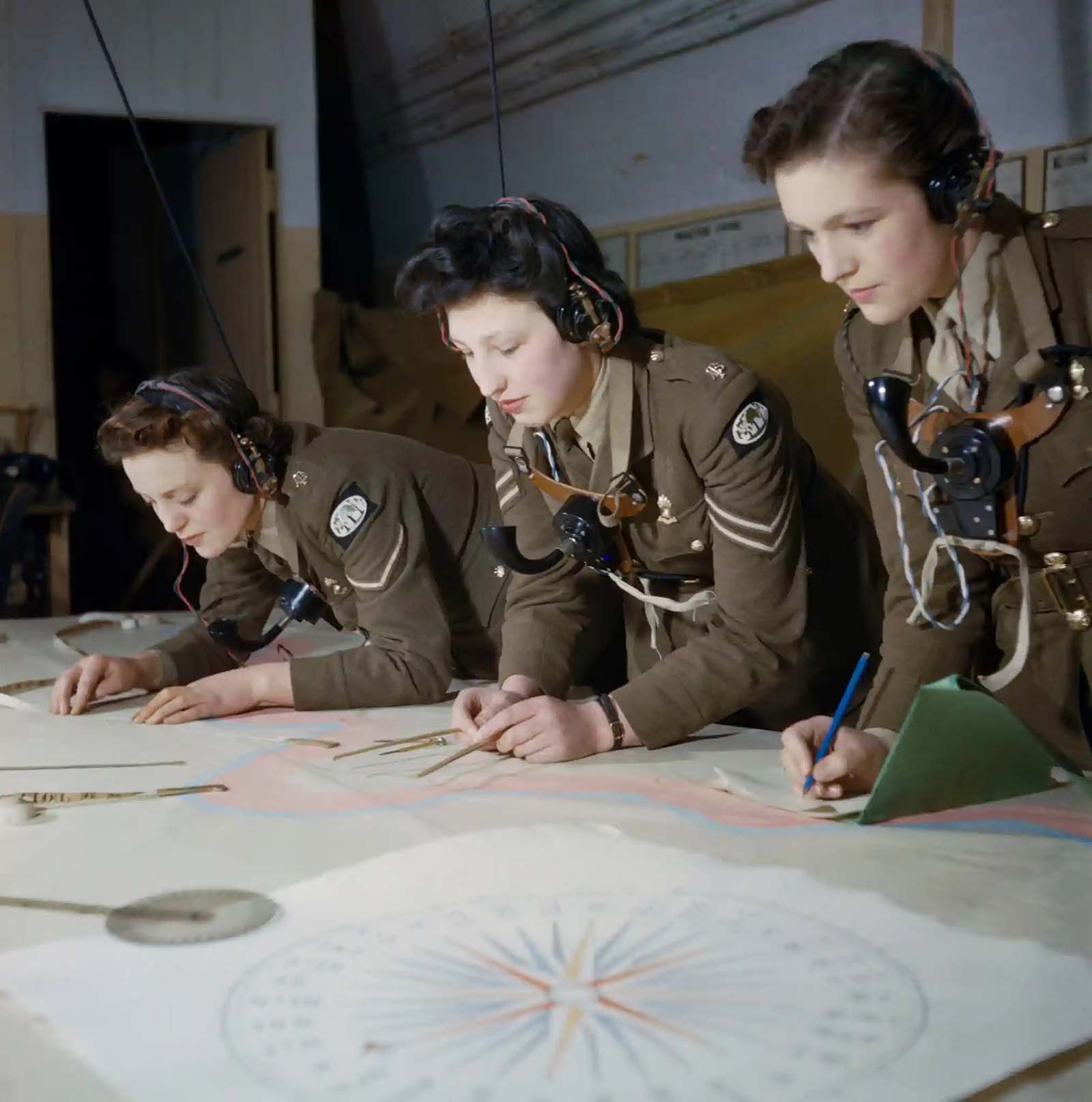Color film was quite rare in World War II. The majority of the photos taken during the war were in black and white, and color photography as a whole was still a relatively new technique. It’s this fact that makes these photos so mesmerizing and amazing. All the pictures are in their original state, not colorized or edited. Colorized photos or footage from World War II have been around for some time, but these images truly show the world as people would have seen it at the time The images were commissioned by the British Ministry of Information, which got hold of a very small quantity of Kodachrome film. They then decided to use it experimentally, by giving it to some of their official photographers who took it to several locations and employed it very sparingly. Additionally, a few of the pictures were obtained on the Library of Congress collections. World War II was the deadliest military conflict in history. An estimated total of 70–85 million people perished, or about 3% of the 1940 world population (est. 2.3 billion). The Soviet Union lost around 27 million people during the war, including 8.7 million military and 19 million civilian deaths. The largest portion of military dead were 5.7 million ethnic Russians, followed by 1.3 million ethnic Ukrainians. A quarter of the people in the Soviet Union were wounded or killed. Germany sustained 5.3 million military losses, mostly on the Eastern Front and during the final battles in Germany. Of the total number of deaths in World War II, approximately 85 percent—mostly Soviet and Chinese—were on the Allied side and 15 percent on the Axis side. Many deaths were caused by war crimes committed by German and Japanese forces in occupied territories. An estimated 11 to 17 million civilians died either as a direct or as an indirect result of Nazi ideological policies, including the systematic genocide of around 6 million Jews during the Holocaust and an additional 5 to 6 million ethnic Poles and other Slavs (including Ukrainians and Belarusians), Roma, homosexuals, and other ethnic and minority groups. The mass-bombing of civilian areas, notably the cities of Warsaw, Rotterdam and London, included the aerial targeting of hospitals and fleeing refugees by the German Luftwaffe, along with the bombings of Tokyo and the German cities of Dresden, Hamburg, and Cologne by the Western Allies. These bombings may be considered war crimes. The latter resulted in the destruction of more than 160 cities and the death of more than 600,000 German civilians. (Photo credit: Imperial War Museums / Library of Congress / Office of War Information). Notify me of new posts by email.
Δ Subscribe


































